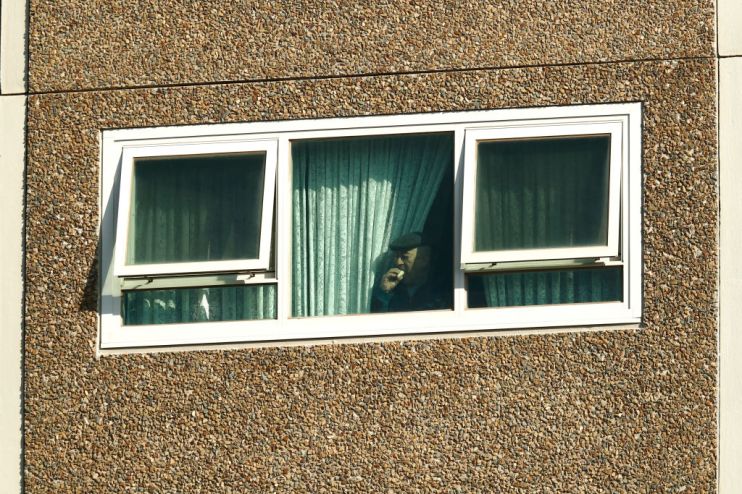Further 1.7m people in England told to shield ahead of lockdown easing

A further 1.7m people have been added to the shielding list in England, after a new risk assessment model found them to be at serious risk from Covid-19.
The government used a new predictive tool to identify adults with multiple risk factors that made them more vulnerable to coronavirus.
Scientists at Oxford University looked at factors including age, ethnicity, BMI and other health conditions in a new study commissioned by Professor Chris Whitty, England’s chief medical officer.
An extra 1.7m people will now receive letters from the NHS in the coming days urging them to shield until they receive a vaccine.
It will mean around a further 820,000 adults between the ages of 19 and 69 will be prioritised for vaccination.
It takes the total number of people on England’s shielding list to around 4m, all of whom have been told to stay at home until at least 31 March.
Patients will be offered the chance to receive extra support including food deliveries and access to statutory sick pay.
Dr Jenny Harries, deputy chief medical officer for England, said: “For the first time, we are able to go even further in protecting the most vulnerable in our communities.
“This new model is a tribute to our health and technology researchers. The model’s data-driven approach to medical risk assessment will help the NHS identify further individuals who may be at high risk from Covid-19 due to a combination of personal and health factors.”
Harries added that the new model had been employed because it was clear not all patients at risk from the virus were being identified.
“It provides a weighted cumulative risk of serious outcomes from Covid-19. And therefore allows us to prioritise these individuals for vaccination and to give them appropriate advice,” she said. “And the easiest way for us to do that is to include them on the shielded patient list.”
Many of the 1.7m patients may already have been vaccinated due to other clinical conditions they may have.
The UK’s large-scale vaccination programme has so far offered a first dose of the vaccine to the top four priority groups which includes all over-70s, front-line healthcare workers, care home staff and residents and the clinically extremely vulnerable.